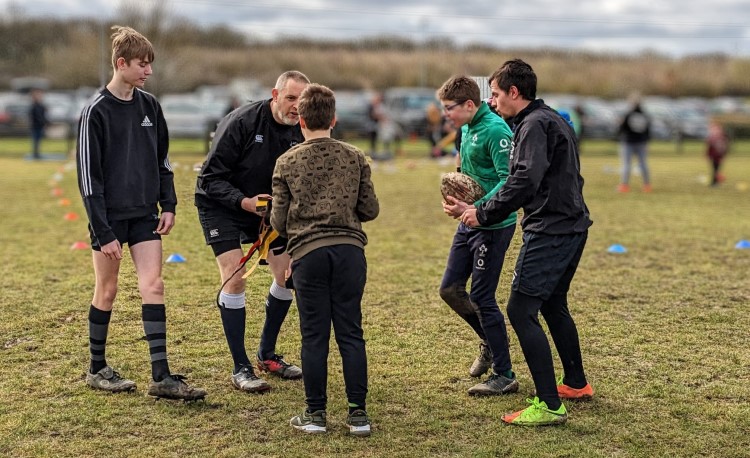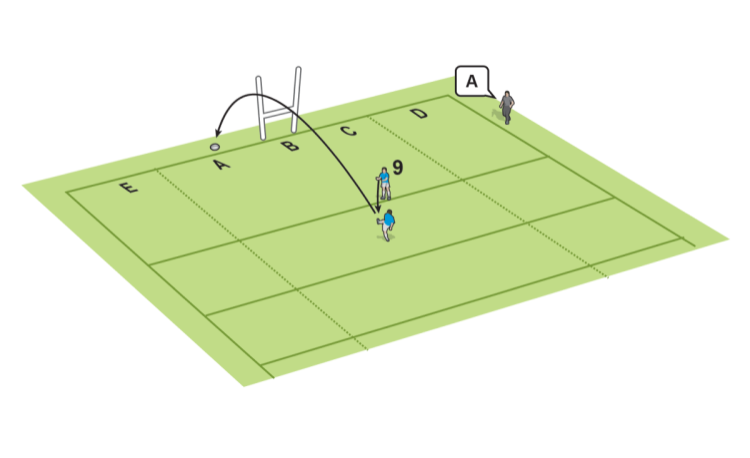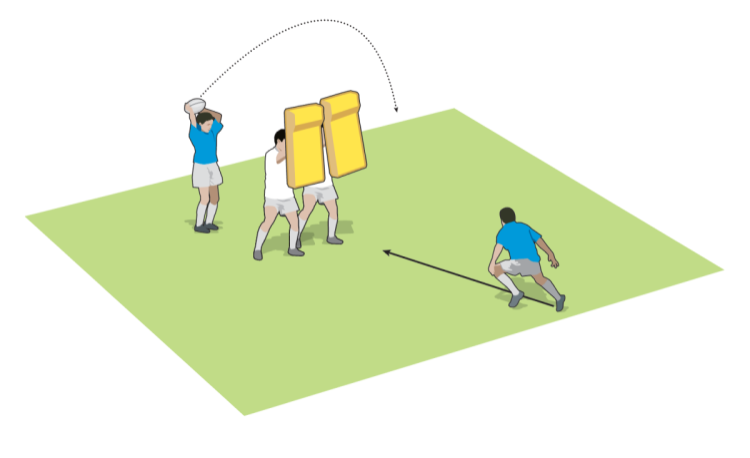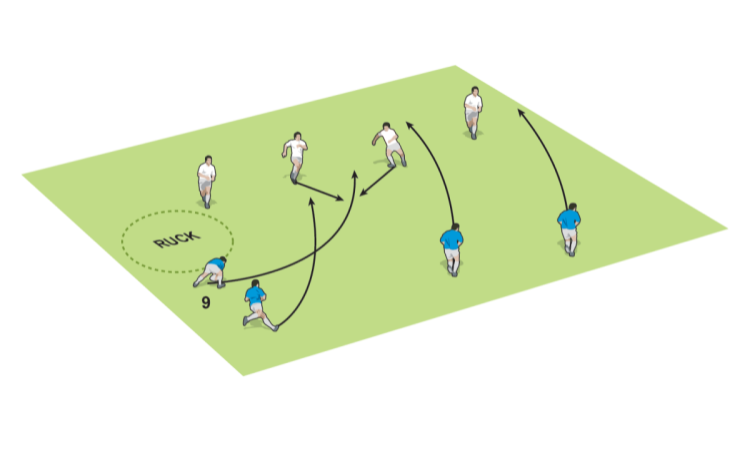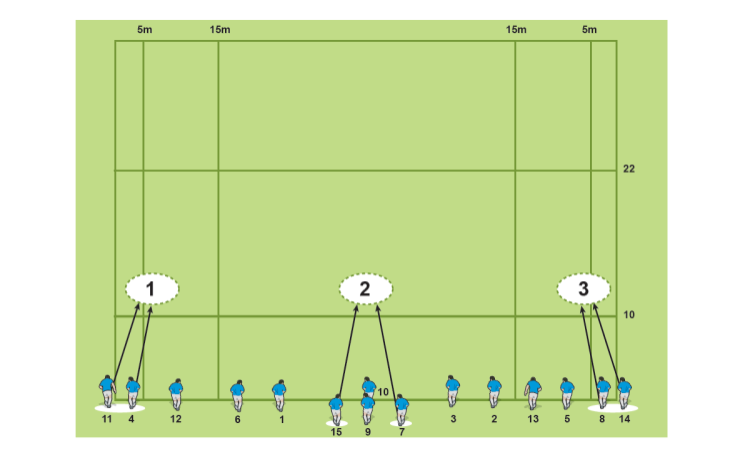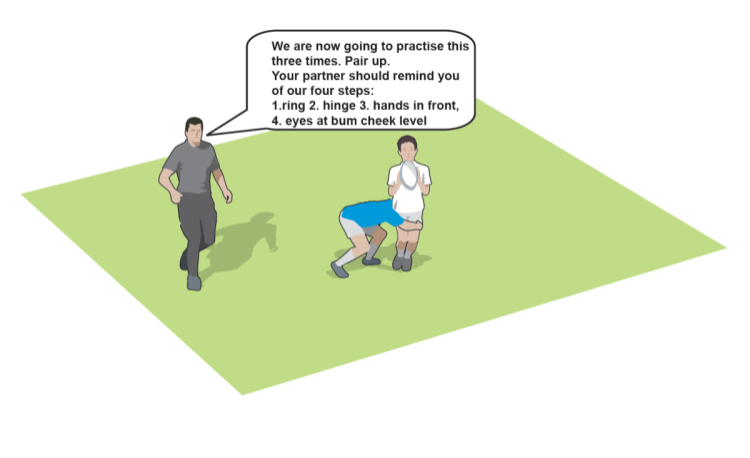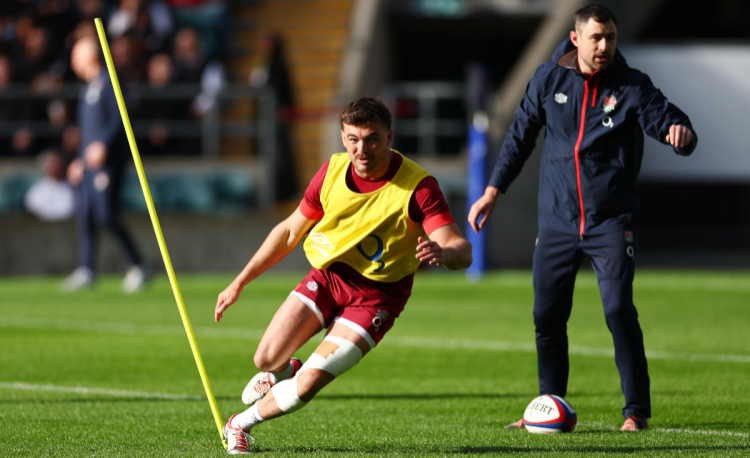You are viewing
1 of your 2 free articles
Managing the complexity of coaching
Jamie Taylor, former head of academy at Leicester Tigers and now working with English Institute of Sport, challenges us to be better as coaches.
In this podcast, we discuss the following areas:
- How to manage the complexity of coaching
- Your coaching approach must suit the developmental needs of the players
- How former players can make great coaches
- Different language and outcomes for different players
- What are the best ways we can intervene into coaching situations
- The importance of using delayed feedback
- Why "drills" (not his word!) can play an important role in skill development
- How a tackle pad is still valid for contact work, but in the right context
Newsletter Sign Up
Coaches Testimonials

Gerald Kearney, Downtown Las Vegas Soccer Club

Paul Butler, Florida, USA

Rick Shields, Springboro, USA

Tony Green, Pierrefonds Titans, Quebec, Canada
Subscribe Today
Be a more effective, more successful rugby coach
In a recent survey 89% of subscribers said Rugby Coach Weekly makes them more confident, 91% said Rugby Coach Weekly makes them a more effective coach and 93% said Rugby Coach Weekly makes them more inspired.
Get Weekly Inspiration
All the latest techniques and approaches
Rugby Coach Weekly offers proven and easy to use rugby drills, coaching sessions, practice plans, small-sided games, warm-ups, training tips and advice.
We've been at the cutting edge of rugby coaching since we launched in 2005, creating resources for the grassroots youth coach, following best practice from around the world and insights from the professional game.
More from us
© 2023 Rugby Coach Weekly
Part of Green Star Media Ltd. Company number: 3008779
We use cookies so we can provide you with the best online experience. By continuing to browse this site you are agreeing to our use of cookies. Click on the banner to find out more.
